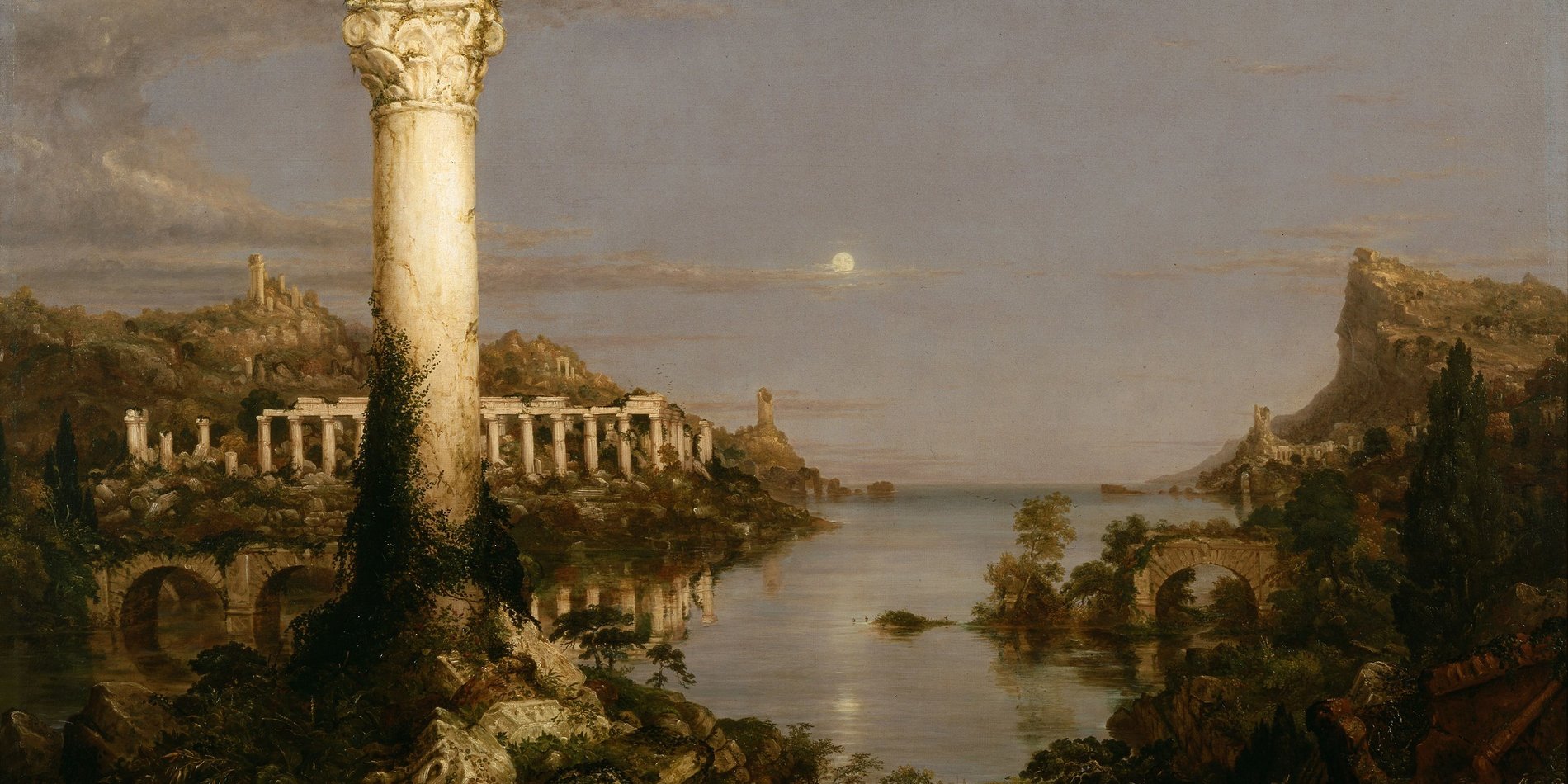General Education Requirements
Not currently certified for a requirement. Courses are typically considered for Ways certification a quarter in advance.
Course Description
Sustained economic growth is an anomaly in human history. Moreover, in the very long term, sustained economic decline is common. Following a historical and cross-cultural perspective, we will study the causes of economic decline, the social and political consequences of that decline, and the path that led to the collapse of some of the most prosperous societies in human history. Among the episodes we will cover are the Late Bronze Age collapse in the Eastern Mediterranean, the fall of the Western Roman Empire, and the Classic Maya collapse. We will compare these ancient episodes with recent cases of socioeconomic decline, including the dissolution of the Soviet Union, and the downfall of Venezuela under Chavismo. We will use the past to reflect on the fundamentals of harmony and prosperity in our society and the challenges that they will face in the future.
Meet the Instructor: Javier Mejia Cubillos

“Hello! My name is Javier Mejia. I am an economist whose research interests revolve around the intersection between social networks and economic history, with a particular focus on Latin America and the Middle East. I am fascinated by how social networks can affect economic outcomes and shape historical events, and I explore these topics through a variety of methods, including empirical analysis and case studies.
“In addition to my research, I am also a regular contributor to various news outlets and a Forbes Magazine op-ed columnist. I am passionate about sharing my research findings with a wider audience and helping people understand how economic history and social networks impact our society.”



